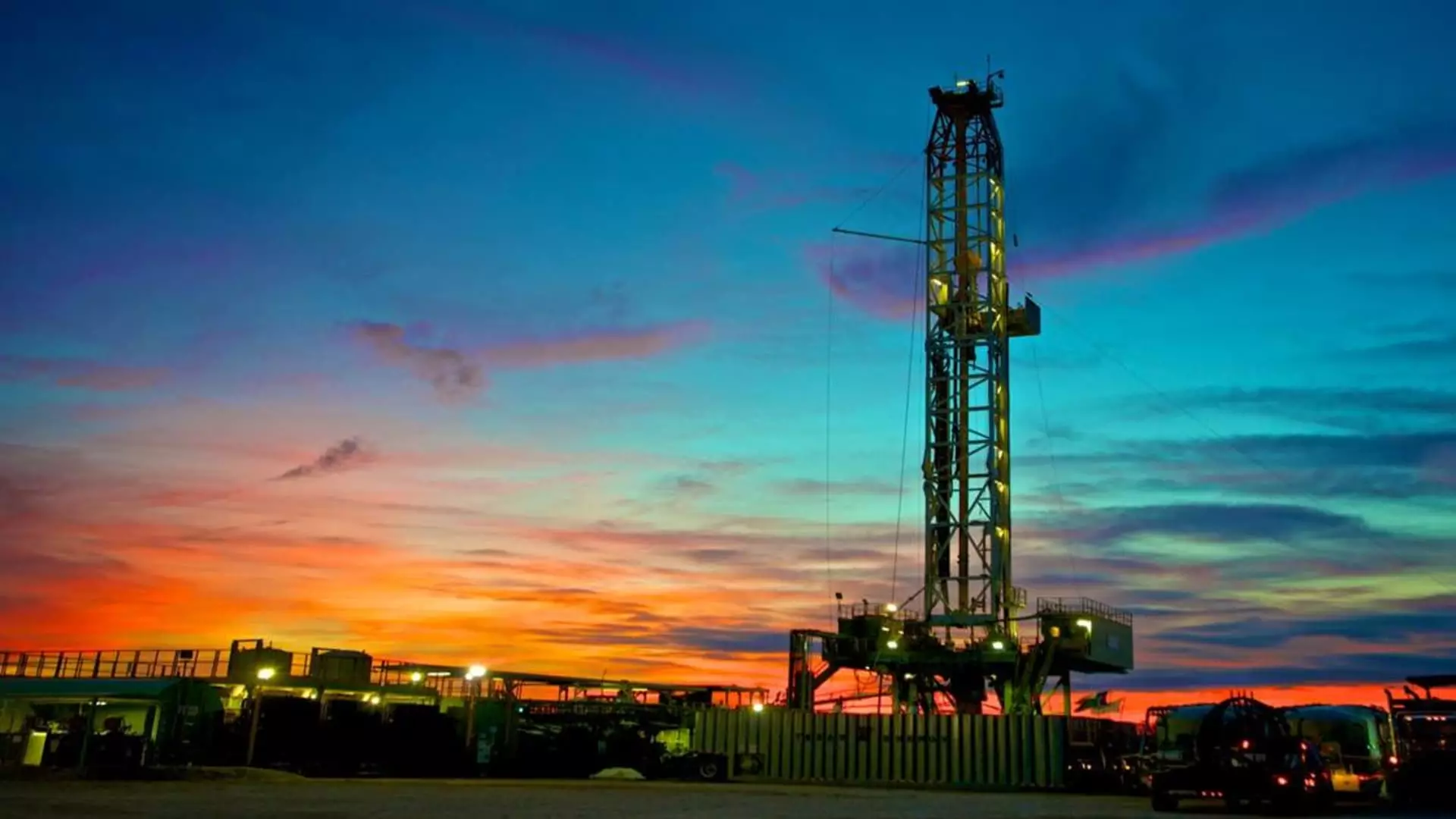As the 2024 U.S. presidential election approaches, energy policy stands out as one of the paramount issues that candidates will need to navigate. The United States’ role as a leading global player in energy production, exemplified by its status as the world’s largest oil producer, has significant implications for both domestic prosperity and international security. TotalEnergies CEO Patrick Pouyanne’s recent remarks underscore the necessity for the upcoming administration to preserve this energy dominance rather than jeopardize it through potentially detrimental policy changes.
According to the Energy Information Administration, the U.S. accounts for approximately 22% of global oil production, a figure that starkly contrasts with Saudi Arabia’s output of 11%. This landscape is critical; nearly all of the crude produced in America is consumed domestically, highlighting the nation’s dual role as both the largest producer and consumer of oil. Pouyanne’s statement regarding the impressive surge of U.S. oil production, particularly through the shale revolution, invites scrutinization of how sustainable such growth is and what it means for future energy strategies.
Over recent years, the capabilities of U.S. shale resources have dramatically transformed the energy sector, propelling daily extraction rates from a dire low of 5.1 million barrels in 2008 to unprecedented levels nearing 13 million barrels in 2023. This significant increase isn’t merely an economic achievement; it also raises questions about environmental impact, regulatory measures, and the long-term viability of such extraction tactics.
The energy policies advocated by the major political parties reflect a profound divergence in values and priorities that could drastically augment or undermine U.S. energy dominance. Historically, candidates from the Republican Party, including former President Donald Trump, have emphasized deregulation and an aggressive expansion of drilling projects. However, this approach has drawn criticism from environmental activists and progressives, sparking debates on sustainability and responsibility in energy production.
Conversely, the Democratic camp, represented by Vice President Kamala Harris, has displayed signs of evolution in its stance on energy issues. Harris’s recent endorsement of shale oil fracking—despite a previously anti-fracking position—illustrates a complex political calculus aimed at retaining energy production capabilities while appeasing diverse voter sentiments surrounding climate change and environmental protection. This shift implies a significant pivot in how Democrats reconcile their environmental commitments with the practicalities of energy production.
Maintaining energy dominance is not solely about economics; it also has vital geopolitical ramifications. The U.S. has enhanced its influence on the global stage, particularly in Europe, by providing substantial liquefied natural gas (LNG) supplies. Following geopolitical tensions and the recent conflict in Ukraine, the urgency to reduce reliance on Russian energy has been more prominent than ever, with American LNG accounting for roughly half of Europe’s imports in 2023. This strategic maneuvering signals how energy independence can become a cornerstone for diplomatic leverage.
Pouyanne articulates a crucial point: the winner of the forthcoming election must prioritize energy as a competitive edge. Abrupt policy shifts could jeopardize both the economic advantages and the international standing that America has cultivated through its energy resources.
As the 2024 election season heats up, it becomes increasingly critical for candidates to thoughtfully address energy policy, balancing the urgent need for production against environmental sustainability. The fluctuating dynamics of U.S. politics may shape the future of energy strategy, but it is clear that undermining the substantial existing infrastructure and knowledge could lead to adverse long-term effects.
The challenge lies not only in the political rhetoric that will inevitably surface during campaigns but also in the commitment to informed policymaking that recognizes the complex interplay between energy production, environmental considerations, and economic sustenance. For the U.S., preserving and enhancing its energy dominance is imperative, not just for local prosperity but to ensure its standing as a formidable global player.


Leave a Reply